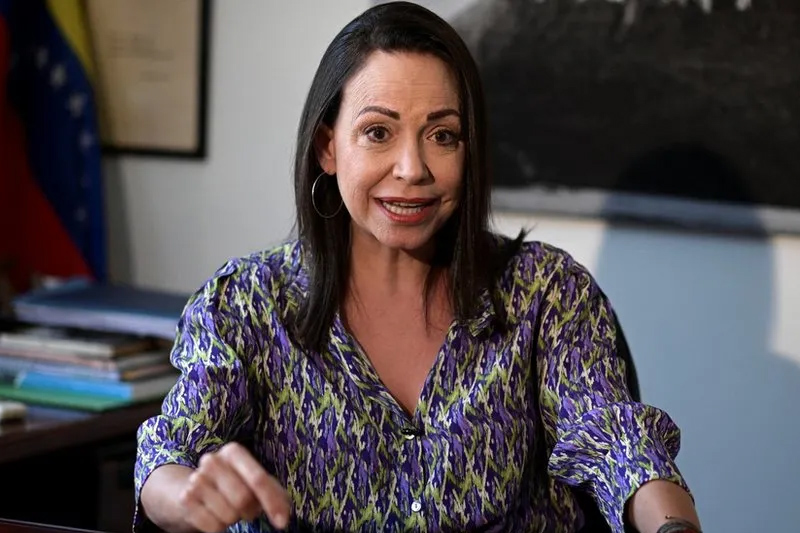President Nicolás Maduro, who has been in power for 11 years, is widely expected to seek re-election.
His opponent, María Corina Machado, is banned from holding office for alleged financial misconduct, which she denies.
Last year, the government and the opposition in the South American nation agreed to hold elections in 2024 and invite international observers.
The 2018 elections - when Mr Maduro was declared a winner - had been widely dismissed as neither free nor fair.
The election date announcement was made by Venezuela's National Electoral Council (CNE) on Tuesday.
CNE head Elvis Amoroso said council members had unanimously chosen the 28 July from nearly 30 other possible dates.
"We are going to have presidential elections and I am sure that the people will once again... win a great victory," he was quoted as saying by the AFP news agency.
Candidates have until 25 March to register.

The early election date may leave little time for the Venezuelan opposition to choose a potential replacement for Ms Machado.
Despite the ban, she has continued to campaign and is determined to run.
In 2023, the government and opposition signed an agreement which laid some of the groundwork for the 2024 elections to be recognised by both sides.
Following the deal, the US eased its sanctions on Venezuela's oil sector. The restrictions had been imposed after what Washington said were "illegitimate" elections in 2018.
In January, the US threatened to reinstate the sanctions, after Venezuela's top court upheld a ban on opposition candidate Ms Machado.
Venezuela has the world's largest proven oil reserves.
Washington has a vested interest in supporting steps which e
ase the crisis in Venezuela as the dire state of the country's economy has driven more than seven million Venezuelans to emigrate, with many heading to the US.
bbc


